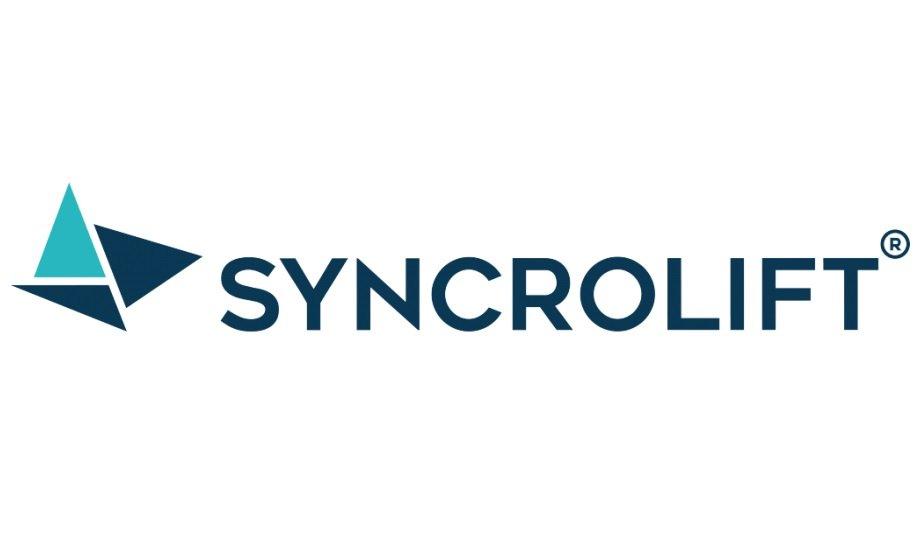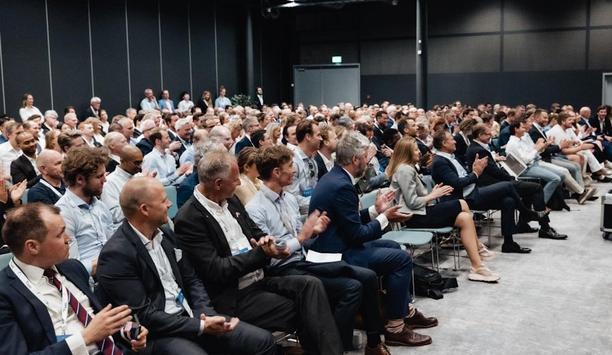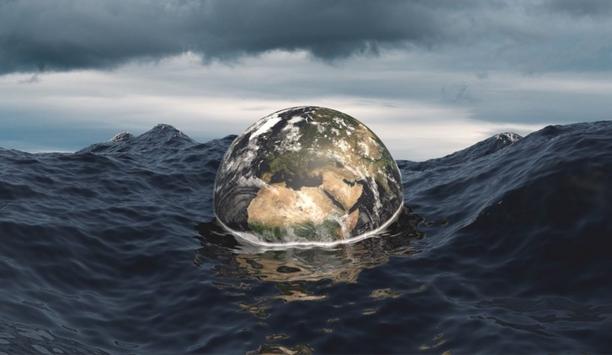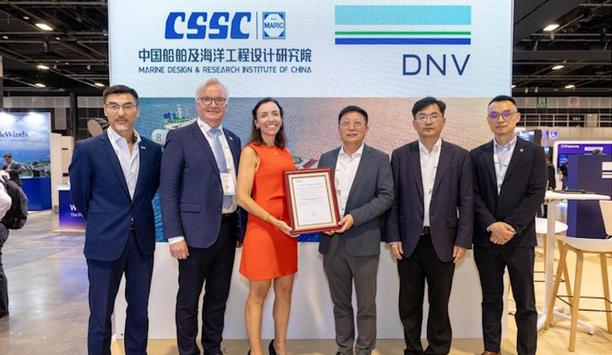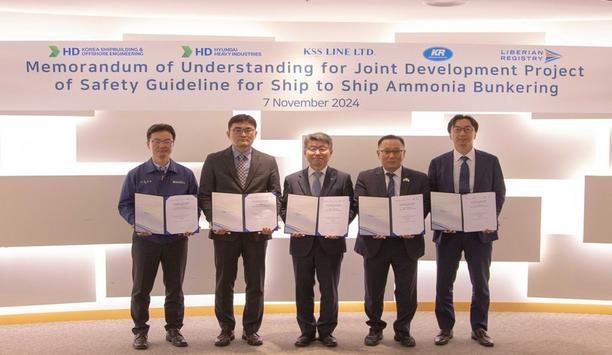DM Consulting and Syncrolift AS, global pioneers in drydocking technology, are urging shipyards to adopt modern innovations to enhance speed, safety, and cost-efficiency in vessel drydocking. With many shipyards still relying on outdated 20th-century methods, DM Consulting and Syncrolift emphasize that embracing new technologies is essential for shipyards in highly regulated regions to remain competitive internationally.
By combining forces, DM Consulting and Syncrolift aim to bring advanced drydocking solutions to the North American market, helping shipyards leverage automation, improved methods, and advanced materials to meet regulatory standards and reduce risks.
Speed, safety, reliability, and costs
Shipyards should take advantage of the technological advances that are available to this industry. In recent years there have been several exciting developments that show great promise to improve the speed, safety, reliability, and costs of drydocking techniques.
Shipyards Stuck in the 20th Century, the latest innovations available allow shipyards to be more competitive in the maritime industry. By comparison, frenzied adoption of modern technologies has permeated nearly all industries in this modern age, but one industry that remains relatively unchanged by new advances is the drydocking industry.
New advances in drydocking
"Highly regulated countries can only compete in drydocking by embracing technology."
"Automation, improved methods, and better materials are essential to enhancing speed, safety, and cost-efficiency, allowing shipyards to stay competitive in the global maritime industry."
Levels of regulations
Shipyards will forgo these changes for the more familiar options, which hinders dry dock and drydocking
In drydocking, vessels are handled and supported out of the water, which puts the vessel at risk for damage. This is a large liability, and so changing procedures, or testing new supports is putting a lot at risk.
Shipyards will forgo these changes for the more familiar options, which hinders dry dock and drydocking technological advancements, leaving the drydocking industry with 20th-century technology. The urgency to take on these modern technologies has to do with the current state of international affairs. Countries with higher levels of regulations are losing work to countries without regulations.
Safer evolutions for vessel and crew
Regulations result in safer evolutions for the vessel and the crew, although they also drive up costs. For example, cleaning and painting the hull of a vessel can require a trained union worker with mandatory breaks, scaffolding, shrouding, and more.
Without regulations, poorly trained hourly employees can achieve a similar result with just a ladder -but it is not as safe, the labor is not paid as fairly, and the ecological damage is completely ignored.
Automation and improved methods
The only way for highly regulated countries to compete is with the use of technology. Automation, improved methods, and better materials are examples. It is time to start thinking smarter.
DM Consulting and Syncrolift AS are the world's pioneers in drydocking technology. The two companies are going to combine forces to better service the North American market.
